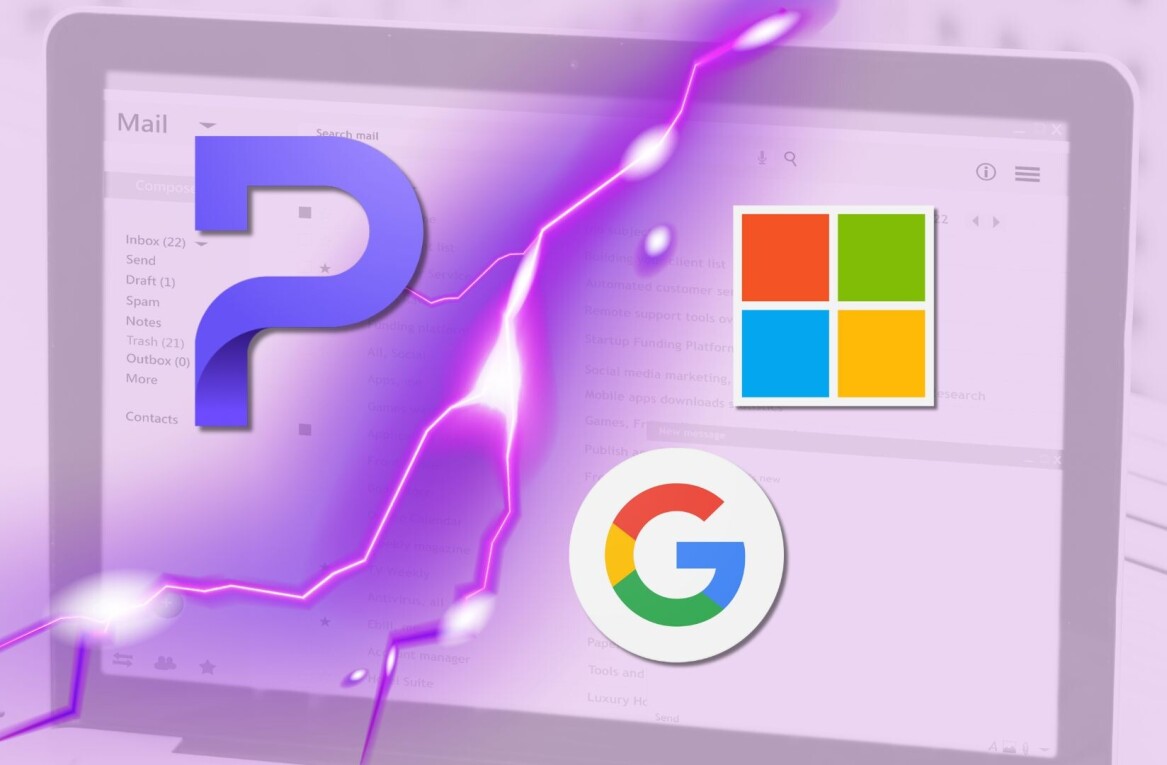
Search engine Cuil launched this Monday. Cuil is the brainchild of Anna Patterson, who sold her last internet search technology to Google in 2004. This time, she believes that the technology is more valuable and she is not planning to sell it. We wonder, is this a Google competing internet revolution, or just another search engine?
Yet another search engine?
Not really. Cuil (pronounced ‘cool’), is backed with VC investments of $33 million dollars (€21 million). The search engine not only applies link analysis and traffic ranking, but analyzes context and displays similar results in groups and categories. With help of The Internet Archive, Cuil is supposed to have the biggest index of the web. “Cuil searches more pages on the Web than anyone else—three times as many as Google and ten times as many as Microsoft.”

Cuil’s Key features
- Biggest Internet search engine Cuil has indexed 120 billion Web pages, 3x more than any other search engine
- Organized results Cuil’s magazine-style layout separates results by subject and allows further search by concept or category
- Different results Unlike other search engines, Cuil ranks results by the content on each page, not its popularity
- Complete privacy protection Cuil does not keep any personally identifiable information on users or their search histories
The team
The technology was designed by a team with a lot of experience in search, as stated: Anna Patterson has worked at Google as a search engine architect and leader of the page ranking team. She leads the Cuil team together with her husband, Mr. Costello, who researched and developed search engines at Stanford and IBM. They founded Cuil together with Russell Power, Anna’s former colleague from Google.
First impressions; amount of search results
Results turn out to be not really relevant, but we have to keep in mind that the site has been released just a few hours ago. An example is when we searched for “the next web”, we couldn’t find any results, however “next web” gave relevant results.
The picture you see here is a relative measurement of search results. The red bar is Google, blue is Cuil. When looking at the number of search results, we find that Google’s results are much, much more extensive. I want to emphasize that its not about the amount of the index, but the relevant results. So far, Cuil does not seem to be relevant in its results. Let’s give it a bit more time, and measure its effectiveness in a month or so.
Get the TNW newsletter
Get the most important tech news in your inbox each week.






